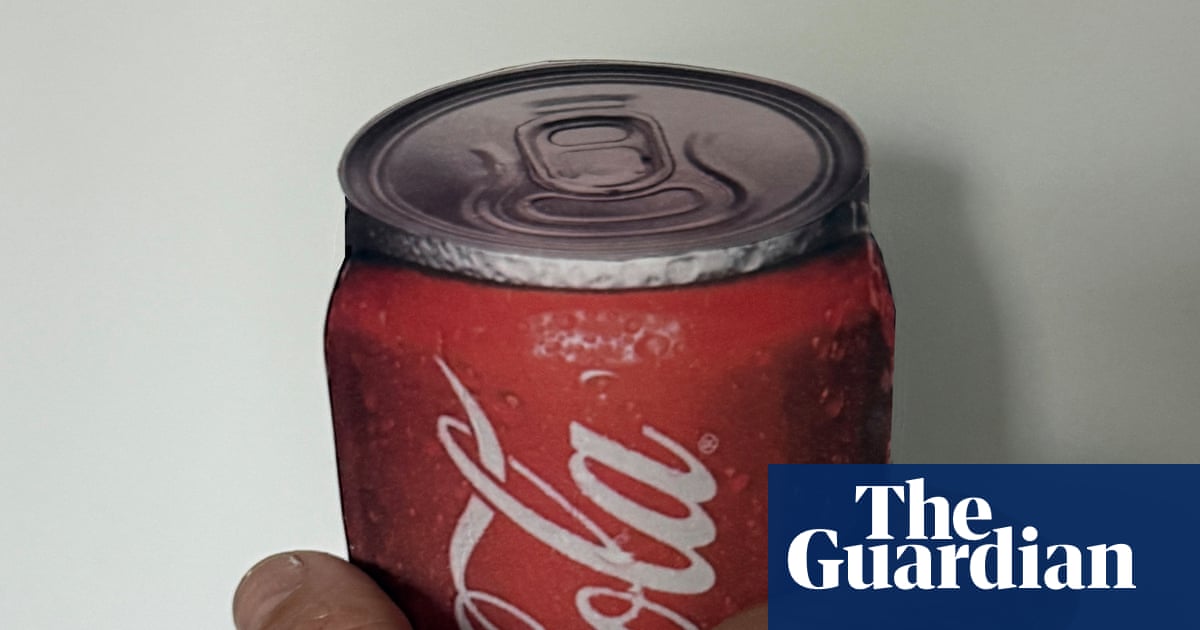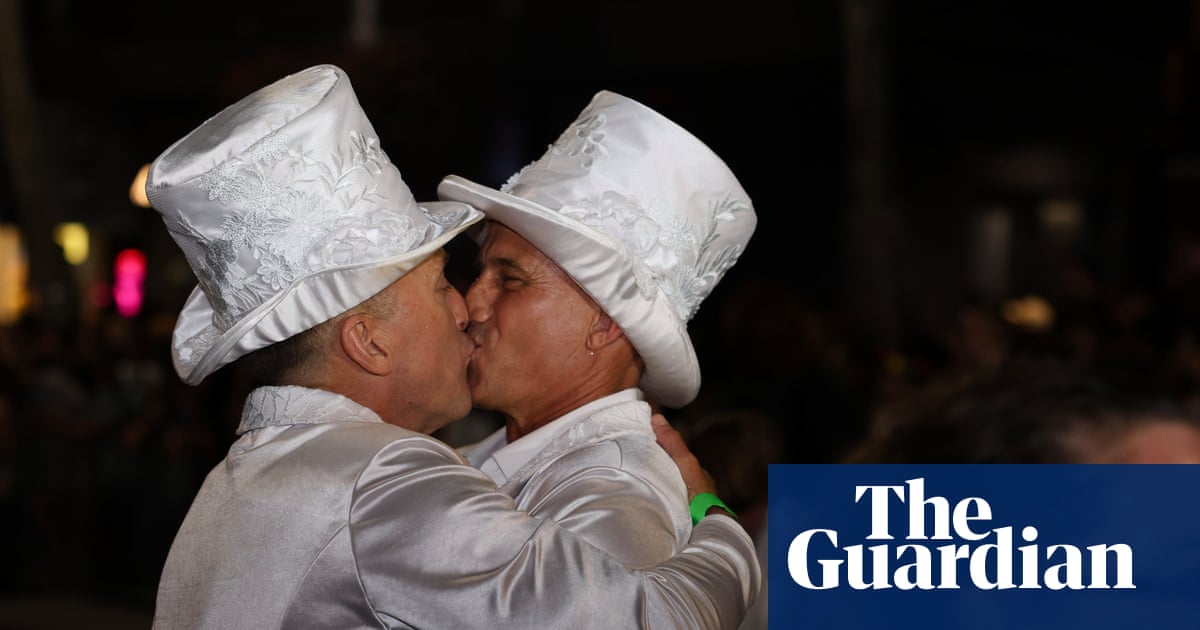A woman killed herself after a south London psychiatric unit failed to search her possessions adequately, a coroner has concluded.
Michelle Sparman, a personal trainer and call dispatcher for the Metropolitan police from Battersea, south-west London, died on 28 August 2021 at Kingston hospital, four days after trying to take her own life.
The assistant coroner, Bernard Richmond KC, concluded that Sparman, 48, died of a hypoxic brain injury, determining she had died by “suicide whilst the balance of her mind was disturbed, contributed to by neglect”.
He determined four probable causes of death: her struggles with anxiety and depression, including impulsiveness; a “difficult relationship” with her ex-partner, including “intemperate and excessive texting” from him, which called into question her mental health and fitness to be a mother; her “justifiable feelings of abuse” as a result of his behaviour, and inadequate searching on leaving and entering Rose Ward, a locked 20-bed female-only mental health unit at Queen Mary’s hospital in Roehampton.
He cited her perimenopausal symptoms and financial and professional problems as possible causes.
He said Sparman had presented as a voluntary inpatient in Rose Ward, with clear “red flags” that she was at risk of harming herself.
He added: “The duty to protect someone in a mental health ward from injuring themself with items seems to me to be a fundamental obligation of the ward.
“The failure to search adequately is so fundamental, it easily passes the Jamieson test [a standard of proof for a finding of neglect in an inquest] … She did precisely the thing she should have been guarded against.”
Richmond will also produce a prevention of future deaths report looking at a need for mental health wards to introduce a centralised record of all dangerous items that are on the ward, which he plans to submit to NHS England given its potential national implications.
Richmond noted the impact of Sparman’s “difficult relationship” with her ex-partner Roger Stephens, and though he felt there was “no doubt a great deal of love between them”, the relationship gained a “certain toxicity”.
He added that Stephens’ messaging constituted harassment and left Sparman feeling “trapped”, but he did not believe this was done “deliberately”.
Over five days of evidence in May, Inner West London coroner’s court heard how Sparman’s mental health deteriorated after the breakdown of her 28-year relationship in January 2020.
In texts sent to her siblings, Sparman said she could “end up killing myself” over Stephens’ subsequent behaviour.
Stephens told Richmond that “in hindsight I should not have sent so many texts”, and agreed that they were “very angry” and had “put stress on her”.
On 21 August 2021, Sparman was taken to hospital after Stephens found she had taken an overdose and self-harmed. Sparman was put in the “red zone” category, meaning she was supposed to be searched for harmful items.
Ward manager Meredith Kuleshnyk, who found Sparman, said lessons had been learned including more staff training around searches and a search room being made available.
Although he acknowledged the staffing pressures the ward was under, Richmond determined that the absence of record-keeping was “a profoundly worrying state of affairs”. Despite evidence suggesting Rose Ward’s practices had changed, Richmond said he was not satisfied that a “robust recording system” was now in place.
Jennifer MacLeod, the lawyer representing the family, cited statistics showing that in Rose Ward, in 2020, there were 70 instances of self-harm – indicating that staff intervened before suicide could be attempted.
Kuleshnyk also told the inquest that she planned to discuss domestic abuse with Sparman after observing her interaction with Stephens.
In a self-referral to Talk Wandsworth, a talking therapy service, Sparman stated that Stephens’ behaviour “has impacted on my sleep, my eating, my confidence, my emotional and mental wellbeing”.
Shaun Case, Sparman’s half-brother, said she spoke of “anxiety, tightness in her chest when his [Stephens’] name came up on her phone”, and that she feared him turning up at her flat.
MacLeod said: “The family’s position is that she perceived that as abuse, and all the medical professionals we have heard from perceived that as abuse.”

.png) 3 months ago
62
3 months ago
62

















































